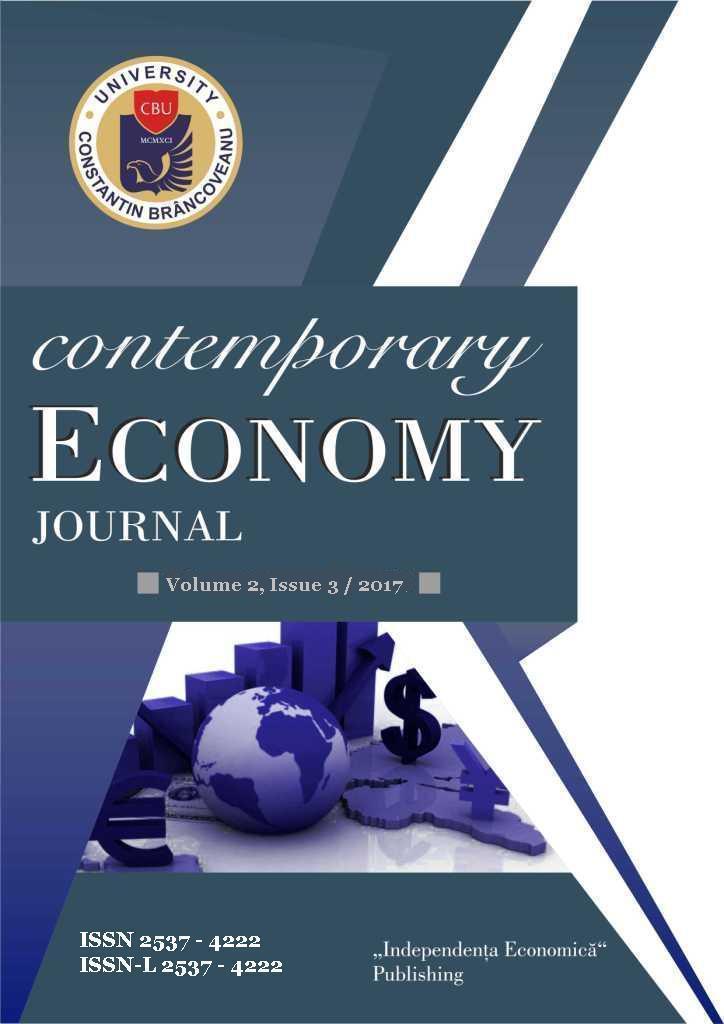ROLE OF INFORMATION TECHNOLOGY IN INCREASING VOLUNTARY COMPLIANCE BY TAXPAYERS
ROLE OF INFORMATION TECHNOLOGY IN INCREASING VOLUNTARY COMPLIANCE BY TAXPAYERS
Author(s): Victoria Iordachi, Angela TimuşSubject(s): Economic policy, Fiscal Politics / Budgeting
Published by: EDITURA INDEPENDENŢA ECONOMICĂ
Keywords: fiscal administration; compliance; self-employed; tax evasion; fiscal receipts lotteries; cash register;
Summary/Abstract: The primary objective of fiscal administration is to encourage, facilitate and maintain a high degree of voluntary compliance by taxpayers which will allow concentrating resources on identifying and dealing with those taxpayers who fail to fully comply with their tax obligations. At the same time, for fiscal authorities tax systems based on turnover imply a high risk of evasion because taxpayers can easily submit false data. Particularly, in case of cash transactions, the problem of detecting cases of underdeclaring becomes a real challenge. In foreign practice, promotion of measures to combat tax evasion is part of a wider program to support the business environment through reduction of tax burden and encouragement of payment compliance, as well as to ensure a competitive business environment, which will be undistorted by unfair competition. To accomplish this purpose, in developed countries, tax administrations have for years been appealing for technological advances implemented in private sector. At the same time, in developing countries, the opportunities that technology offers are more elusive. This article relates some of practices used by fiscal authorities to encourage tax declaring, especially by small business and self-employed, as well as measures that are based on civic consciousness.
Journal: REVISTA ECONOMIA CONTEMPORANĂ
- Issue Year: 2/2017
- Issue No: 3
- Page Range: 88-95
- Page Count: 9
- Language: English

